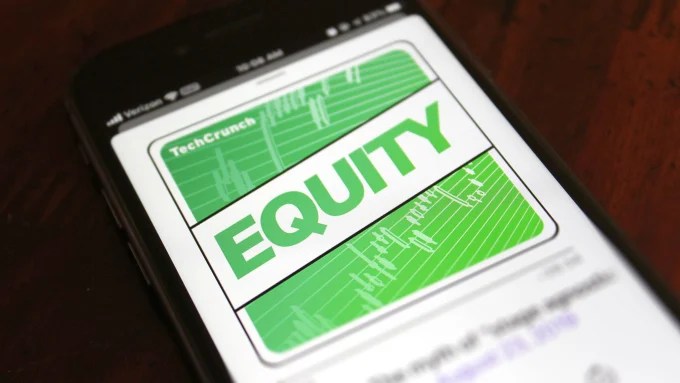Billy Libby
More capital is flooding into growth equity at earlier stages, and it’s happening faster than ever before. But even with the rampant enthusiasm for pouring bigger equity checks into startups, founders are now in a unique place in time where they can think differently about how to capitalize their companies.
Just like our personal lives, where most services have become highly personalized thanks to the data our activity generates, startups that operate online create a data exhaust from their operations. In short, data has become an asset for every business, diversifying the kinds of capital that were only available to later-stage startups before.
Data can separate the healthy and experimental parts of all businesses, making it easier to utilize earnings, marketing ROI and inventory to make predictions about or get credit for future revenue streams.
So how should businesses today leverage their own data analytics for fundraising?
Separate the low- and high-risk parts of your business early
Founders should think about their business as four distinct parts.
There’s R&D, which is high risk but yields high reward and is appropriate for equity to fund at the seed stage. You pour capital into product-market fit with the hope that your business will hit an inflection point. You can make assumptions in the early days, but it is not clear exactly what your R&D will yield.
Then you have marketing and acquisitions. You should have a more predictable ROI on capital invested for these, meaning that every dollar spent can be measured and be expected to return a positive ROI (whether it’s a lift in brand awareness, lead generation or conversion activities).
There is inventory, where you are making purchases with the expectation that you are going to sell them at a future date at a certain value. And then there is equipment, where you have an upfront cost to build a product or store or service with a strong sense of the payback on that investment.
Know the value of each segment, so you can understand which portions of your business are higher risk (like R&D, where you aren’t yet sure of the outcome) and which are more predictable (like marketing and acquisitions).
Tailor your funding plan instead of financing everything
Once you’ve segmented your business, you can create tailored funding strategies for the specific pieces of your business. This approach opens up options beyond traditional VC equity financing, where you dilute a massive part of your equity.
For example, when you have predictable revenues driven by repeatable marketing activities, you are in a good position to leverage credit as a funding source. Or if you have collateral in the form of receivables, inventory or equipment, you can use them to raise credit, as payback on every dollar invested can be measured.
To be clear, there will be some inherently high-risk areas for which equity would be more appropriate — hiring talent or building technology, for example — but every business has a healthy part that can be financed with alternative capital sources at earlier stages based on the data.
We’ve seen many of our portfolio companies implement this strategy successfully. These firms went on to grow just as fast or faster than their competition with less dilution. For example, with Crusoe Energy Systems, Upper90 extended credit at the seed round based on the collateral from generators (that could be repurposed) used to power data centers to mine bitcoin! Clearbanc, Octane Lending and Thrasio also used similar creative financing against future revenues.
Look for a credit partner early on
Credit has been a “bad” word in the startup ecosystem, and it shouldn’t be. Late-stage investors who are taking less risk shouldn’t be making more money than the founders/early-stage investors. One way to reverse this trend is to use credit and equity as a bundle early in a company’s life. While revenue and collateral-based financing is not a new concept, it has been mostly applied to offline businesses that traditional lenders can touch and feel.
The main difference now is that technology captures valuable information, creating a new asset class for online startups that can be financed. By selecting a credit partner before giving away all of the equity, you can get a firm that wants to both create unique alignment as well as increase the capital options for your company as it grows.
Preserve your founder equity
Last but not least, think from the beginning about preserving your founder equity, especially as you take in new capital. The average dilution in Series A is 25%. While not every business is a prime candidate for credit, it can be a viable alternative to equity. Even if you don’t pursue credit, be aware of the data your business is creating, so that you can isolate the parts of your business that are inherently less risky because of market traction.
Remember, when you have a hammer, everything looks like a nail. To large-scale venture capitalists, the answer to every financing challenge is equity. While that can be the answer sometimes, in our experience, there is a portion of every business that can be measured and financed in other creative ways.
























